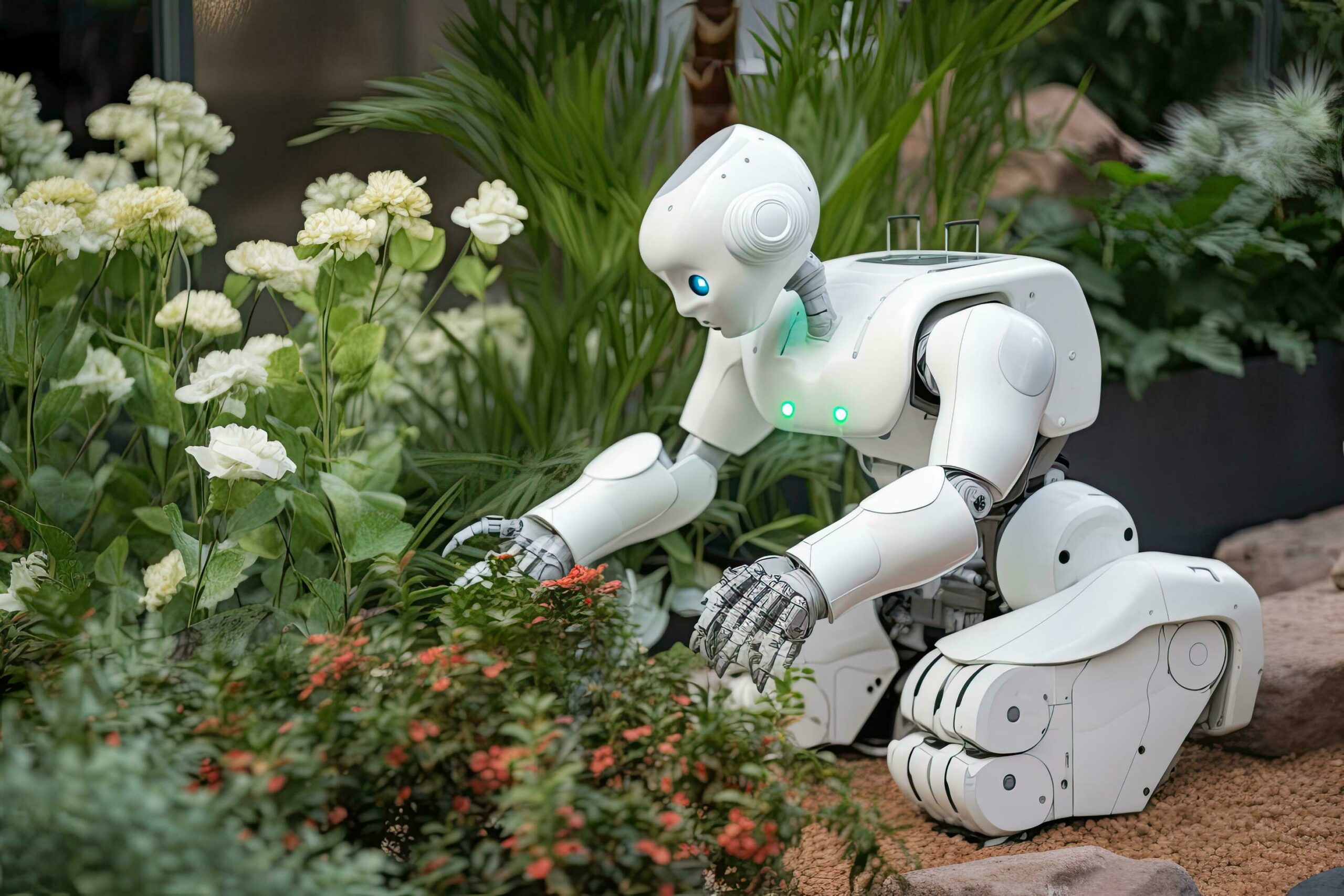Exploring the role of artificial intelligence in gardening advice

MACOMB, Ill. — You may be wondering, “What does artificial intelligence (A.I.) have to do with gardening?”
Let’s say you have a gardening question. Before the internet, perhaps you reached out to your Illinois Extension office for an answer. With the internet, you could search for your question but had to wade through lots of different sources. Again, your local Extension office is there to help narrow down to reputable information in an ocean of data.
Today we can type our question into a generative A.I. interface, and an answer is given to us — without doing an exhaustive online search, checking references or reading multiple sources to confirm the information is indeed sound.
I wanted to test some generative A.I. platforms to see if they returned accurate information to common gardening questions. I would say in nearly every instance, the results were mixed. For example, I asked multiple generative A.I. tools (ChatGPT, Google Bard, Microsoft CoPilot, etc.), “Can you recommend eco-friendly lawn care practices?” From this question, I received a list of sustainable lawn care practices. Let’s examine the section of these responses regarding fertilizer.
All of the generative A.I. tools replied to use organic fertilizers for eco-friendly lawns as these are better for the soil and plants. A few A.I. tools said to select fertilizers with nitrogen, phosphorous, and potassium as our plants need these nutrients. Only one recommended a soil test.
Now if you’ve ever listened to an Extension professional talk about fertilizer, we probably use the words “soil test” at least 10 times. Soil testing is a huge asset when determining what to add to our soils. Putting amendments in our soil without a test is like playing darts in the dark.
When it comes to nutrients and our lawns, nitrogen is likely the only nutrient we need to consider when calculating how much to buy and apply. Notably, phosphorous is a potent pollutant and quite detrimental to our water quality. Therefore, an eco-friendly lawn would omit fertilizers containing phosphorous, unless a soil test revealed a deficiency, which is unlikely for Illinois soils when it comes to both phosphorus and potassium. None of the A.I. tools caught these details.
Organic fertilizer can provide additional resources to our soil that synthetic products do not. Yet, when it comes to nitrogen (the nutrient we focus on when it comes to lawns), our plants cannot tell whether the source is organic or synthetic. Therefore, organic fertilizer is not “better for plants.” I will give A.I. half credit in this case as we can see improvements in soil health.
What are my thoughts when it comes to using generative A.I. for gardening questions? Right off the bat, whatever answer is supplied, you still need to reference the sources. Some A.I. responses were more of a product advertisement than an unbiased response. Generative A.I. scrapes the internet for information. It doesn’t seem to distinguish between science-based information and commercial advertisements.
I also felt there was a big thing missing — the human. Despite the ease of achieving an answer to our questions using A.I., a human is still necessary with this new technology to parse out useful information from the unnecessary. Or perhaps a better way to describe it is that the human still needs to translate how the information applies to your unique situation.
That’s why Illinois Extension is still here to help our community members make informed decisions as our technology evolves.
Miss Clipping Out Stories to Save for Later?
Click the Purchase Story button below to order a print of this story. We will print it for you on matte photo paper to keep forever.

